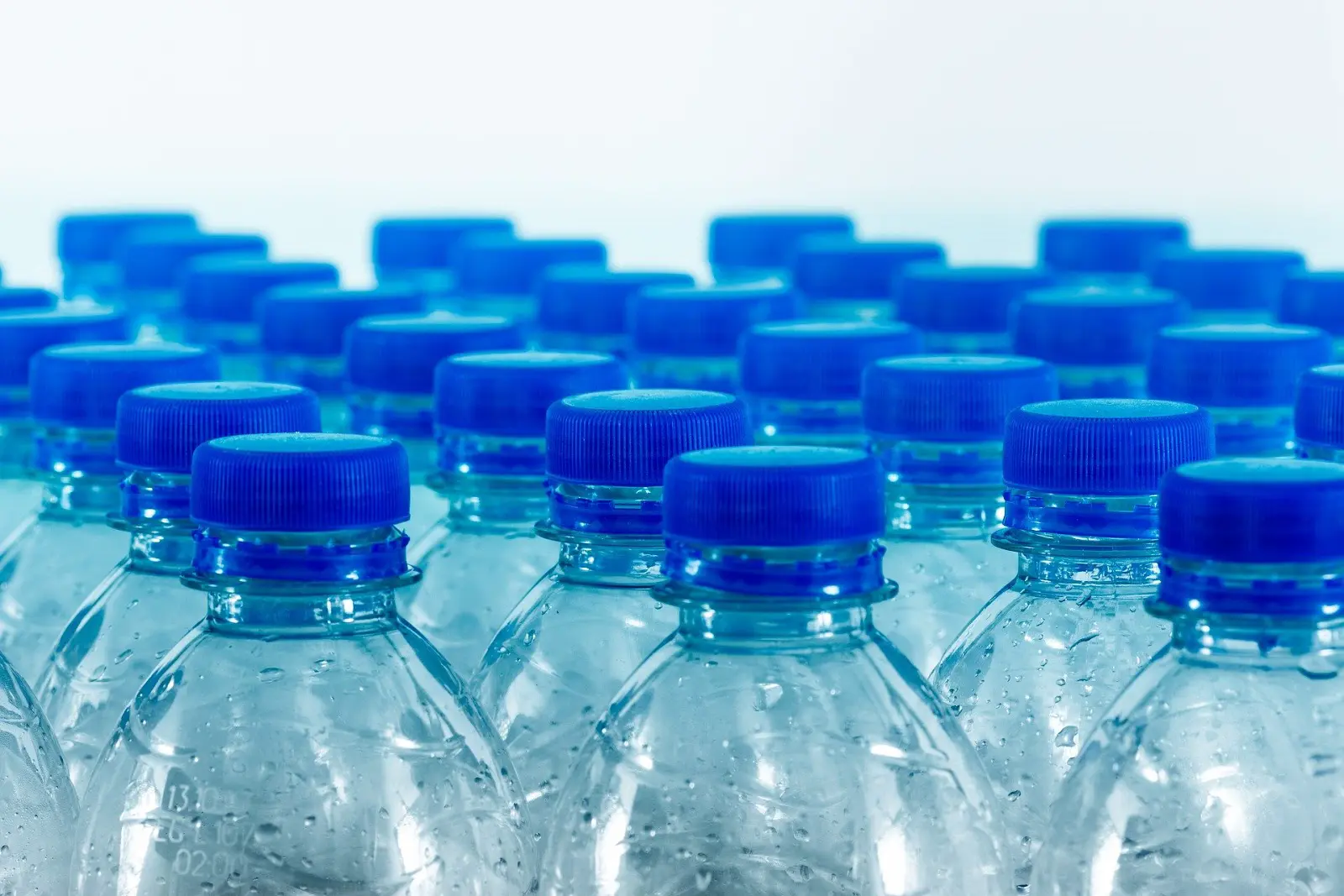
Endocrine disruptors have become increasingly prevalent in our bodies due to the heavy use of plastics and pesticides in our environment. They contain certain chemicals that interfere with the body’s hormonal systems. When endocrine disruptors hinder the body’s natural hormonal cycles it can cause cancerous tumors, immune system problems, reproductive, developmental and neurologic disorders and birth defects in babies.
Endocrine disruptors can be found in many household and industrial products. The study conducted by Harvard Medical School focused on BPA, or bisphenol A, which is used to make polycarbonate plastics and epoxy resins. This type of plastic is commonly used to make food storage containers, such as water bottles. It affects reproduction by causing oxidation damage, so the team of researchers turned to antioxidants to see if the damage could be reversed. We will discuss:

They used Caenorhabditis elegans worms as the subjects of the study. The worms were exposed to BPA, an antioxidant called Coenzyme Q10, CoQ10 for short and a solvent called DMSO -- all in different combination amounts.
CoQ10 is an antioxidant that is naturally produced by the body and also found in certain foods, mostly meat and fish. It can also be bought over the counter in supplement form -- however, supplements in drugstores are not regulated or approved by the FDA. Varying amounts of CoQ10 are found in these supplements -- despite what is printed on the label-- and can have side effects, so the team recommends using caution and consulting with a doctor before use.
Worms were exposed to both BPA and CoQ10 in time frames that a human would be exposed to them.

Researchers were able to identify that damage from BPA was either reversed or improved by the CoQ10 antioxidant. The exact results found in the worms are, “Lower rates of egg cell deaths, fewer double-strand DNA breaks and fewer chromosome abnormalities during egg cell division, and lower levels of oxidative stress in egg cells.”
Similarly, the embryos of new worms had fewer occurrences of chromosomal abnormalities and birth defects. The worms proved to be a successful subject because the reproductive abnormalities found in them from endocrine disruptors are similar to those found in other mammals, such as mice. The researchers urge that just because the results of the study in worms were successful, humans should not immediately purchase CoQ10 from stores and begin taking them.

Researchers used CoQ10 in a pure and quality controlled form -- which cannot be guaranteed in store bought supplements. Because of this, they expressed emphasis in the need for stricter regulation of supplements.
This study also focused solely on BPA, so further studies need to be done observing different chemicals and how damage from them can be improved or reversed.
CoQ10 has already been recommended by some fertility clinics -- however, the Harvard Medical Team believes its effects on BPA need to be studied in other animal tests and then human trials before being prescribed to fertility patients.